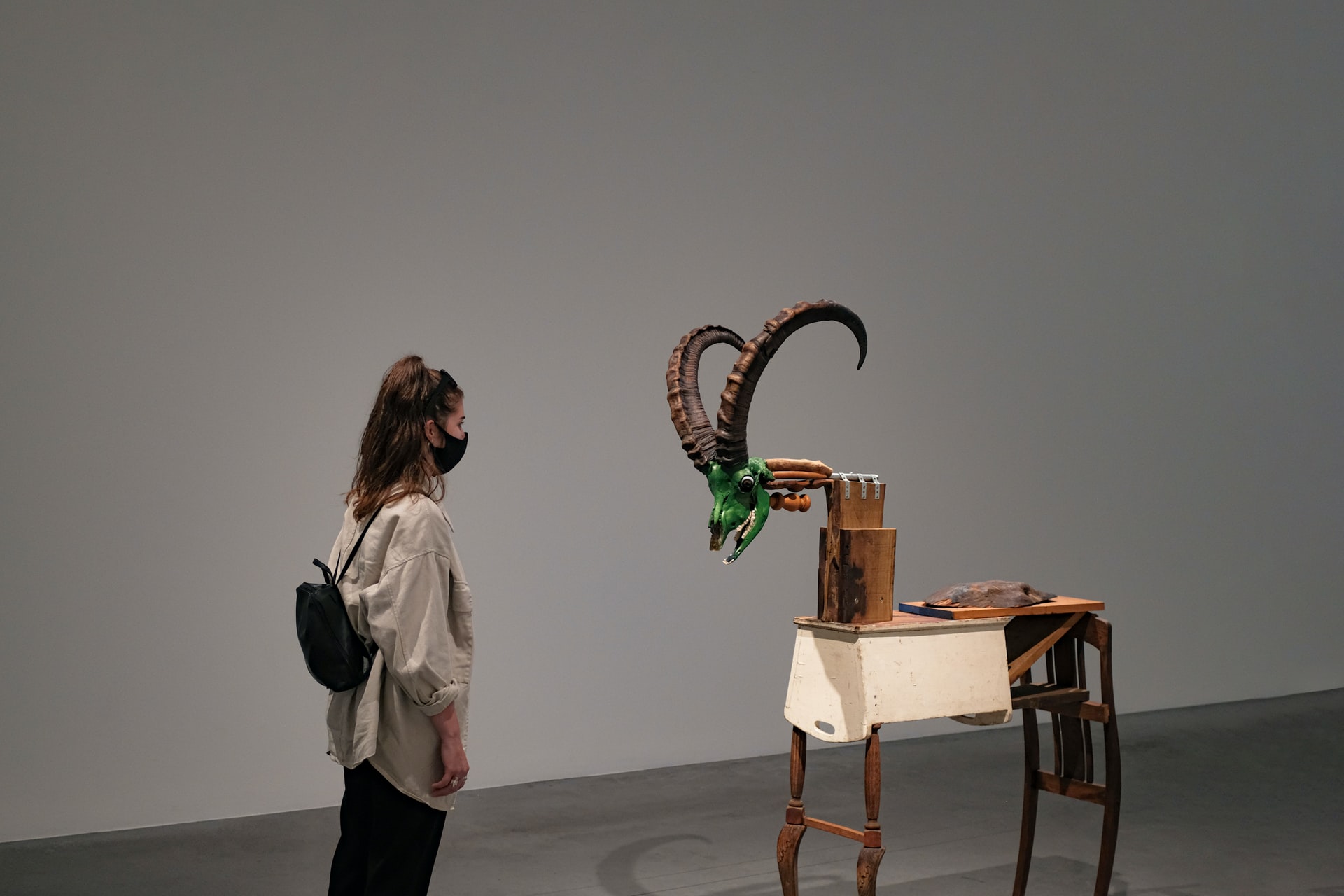Most Recent News


Popular News




René Guénon pinpointed the issues with modernity in 1927. He knew what was coming.

I’ve been reading more René Guénon as of late, and I’m finding some of his writing incredibly insightful. His work on Traditionalism is top-notch.
The Crisis of the Modern World, in particular, is an excellent book.
Within the book, Guénon explains how the modern world has, and continues to, degenerate. First slowly, then much more rapidly.
Guénon lists all the usual evils of modernity; the very same that we are still plagued with to this day. Nearly one hundred years later, nothing has changed besides the continued impact of these vices. He mentions a spiritual void in the people, increasingly schizophrenic individualism, the quest for a pure materialistic culture, a cult-like worship of science/”experts” over everything else, a malicious deviation from eternal truth/the natural order, and technological development that will develop us straight into the grave.
If you’ve been reading my stuff for a while, this isn’t the first time you’ve heard mention of these. They are still around, only now they are even stronger compared to when Guénon wrote about them. Modernity has degenerated further, so many are even further evident than they were in his time.
What did he consider the root cause of these ill effects? He did not pull any punches with his analysis of the evil at hand: he called it the work of the devil. Given, I would not disagree. If you are living through clown world and reading dissident material like this, it’s hard not to recognize the spiritual undertones of the insanity surrounding us. If Satan is not leading this, then I have no explanation for what makes a species lose their mind like clockwork every few cyclical turns of history. But something does. And it always has a spiritual degeneration of the national soul element to it. And it always seems to involve sacrificing babies, destroying anything good or healthy, and worshipping everything besides God. A mighty coincidence, if nothing else.
Guénon believes in a cyclical view of history, but a perhaps more strict version than I would ascribe to. He believes history is truly cyclical in an absolute term, much similar to that of Evola. My thoughts are that while history is cyclical in terms of the overall process, it is not necessarily cyclical in exact action. For instance, while I believe the cycle will always go on, I believe it can be lessened in severity and impact. Evola and Guénon would likely disagree.
His overall thoughts on a strict, unbending cyclical nature raise problems with his solution, however. He calls for a return to a healthy age through the use of spiritual elites who lead the way by reversing the degeneration. This would mean not just a stopping of the cycle, but a reversal of its impacts and lingering effects. This solution is contradictory to his belief in a staunch, strict cycle that does not change.
Either the natural order and human action can change or alter the cycle, or it can’t. If we believe that human nature can’t change the cycle because the cycle is immovable, then how can we expect human action, even through spiritual elites, to reverse its effects? The short answer is, we can’t. The cycle must exist, but it must be able to be lessened for our actions to be worthwhile.
Guénon’s call to action was, as I mentioned, to assemble a group of spiritual and intellectual elites that will turn us around and return us to a golden age. For this, I call him an optimist. I don’t share the same flowery views. I hold firm that we have to power through this stage of the cycle first. There is no way but through. After which, the opportunity will open. It will be up to those who are around then to decide if they wish to take it or not. But it is our responsibility to teach them that they have that option and what to do, for when it does arise.
Will that new generation try something new to reduce the severity of the cycle the next time around, so their children will not have to suffer like ours? Will they create a stronger system that can safeguard them during the turbulent generations? Or will they implement stronger cultural safeguards to protect their national soul for longer? We don’t know. Only time will tell.
For all we know, that generation could be ours. Or it could be many down the line before that option arises.
When that occurs or what generation is graced with it is irrelevant, because our task remains the same. We have to hold the torch, that courage and tradition, through these rough times until the opportunity arises. That generation will only be able to act when the opportunity is there if they have that lineage, knowledge, and virtue from us to do so. It won’t be easy for them just like it won’t be easy for us. But this is the hand we are given. To complain about it is foolish and to resist it is self-destructive. It is your mantle to hold, so hold it bravely. It is your task to conquer, so conquer without fear or concern.
Guénon’s work is excellent, despite my above pedantic criticisms. I heavily recommend at least briefly reviewing his work. He nails the failings of modernity, and understanding that is half of the battle in conceptualizing something that can defeat it.
Read Next:
College: Modernity’s Re-Education Camps
Oversight Voting Instead Of Representative Or Direct Voting
The Problem With The Party System
If you enjoyed this article, bookmark the website and check back often for new content. New articles most weekdays.
You can also keep up with my writing by joining my monthly newsletter.
Help fight the censorship – Share this article!

(Learn More About The Dominion Newsletter Here)